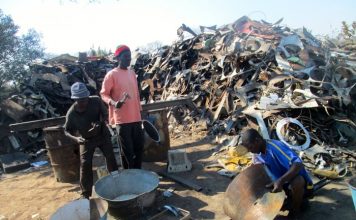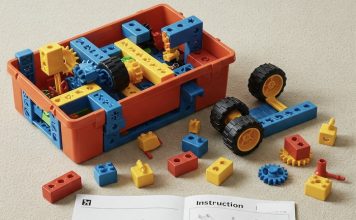Basics
Our basics section provides foundational knowledge for journalists starting their careers and for those wanting to refresh their skills. Learn techniques including news writing, interviewing, story structure, and reporting practices that form the bedrock of quality journalism. All our material is free to download, adapt and use. Scroll down our site map for all the content in this and other sections.
Including the human angle in journalism
For news organisations to succeed, they must attract and retain audiences. The human touch is vital for building trust and engagement.
The power of quotes in journalism
Quotes can define an era, a person, or a story. Used thoughtfully, they transform reporting from factual to memorable, from clear to compelling.
SIFT for fact-checking
Journalists who are committed to fact-checking, as we should all be, have several methods available to help them deal with fake news.
Using the right words
Words are the essential tools of journalism. They convey meaning and help the audience understand the issues we are covering. So they need to be used properly.
Interviewing for video journalists
Tips about the steps a video journalist can take to enhance the quality of filmed interviews.
Reporting from conflict zones
When reporting from a conflict zone a journalist needs to be sensitive, understand history and cultural issues, and put people first
Crime reporting for beginners
Crime journalists must balance the public’s right to know with ethics, ensuring accuracy and sensitivity while avoiding sensationalism or prejudice.
Covering a news event
Check our news event coverage guide with tips on preparation, on-site reporting, ethical interviews, and capturing compelling photos and video.
You might also like
The uneasy but essential evolution of news
Empowered audiences now act as superusers, creating and sharing content to offer alternative information channels beyond mainstream media providers.
Legal threats – scenario
In this scenario a local newspaper reporter faces legal threats for a factual planning application report that lacked the applicant's demanded "positive spin."
Lesson : Respecting privacy as a journalist
This lesson plan is designed to help journalists learn how to respect privacy while also being thorough as they investigate issues that are in the public interest.










